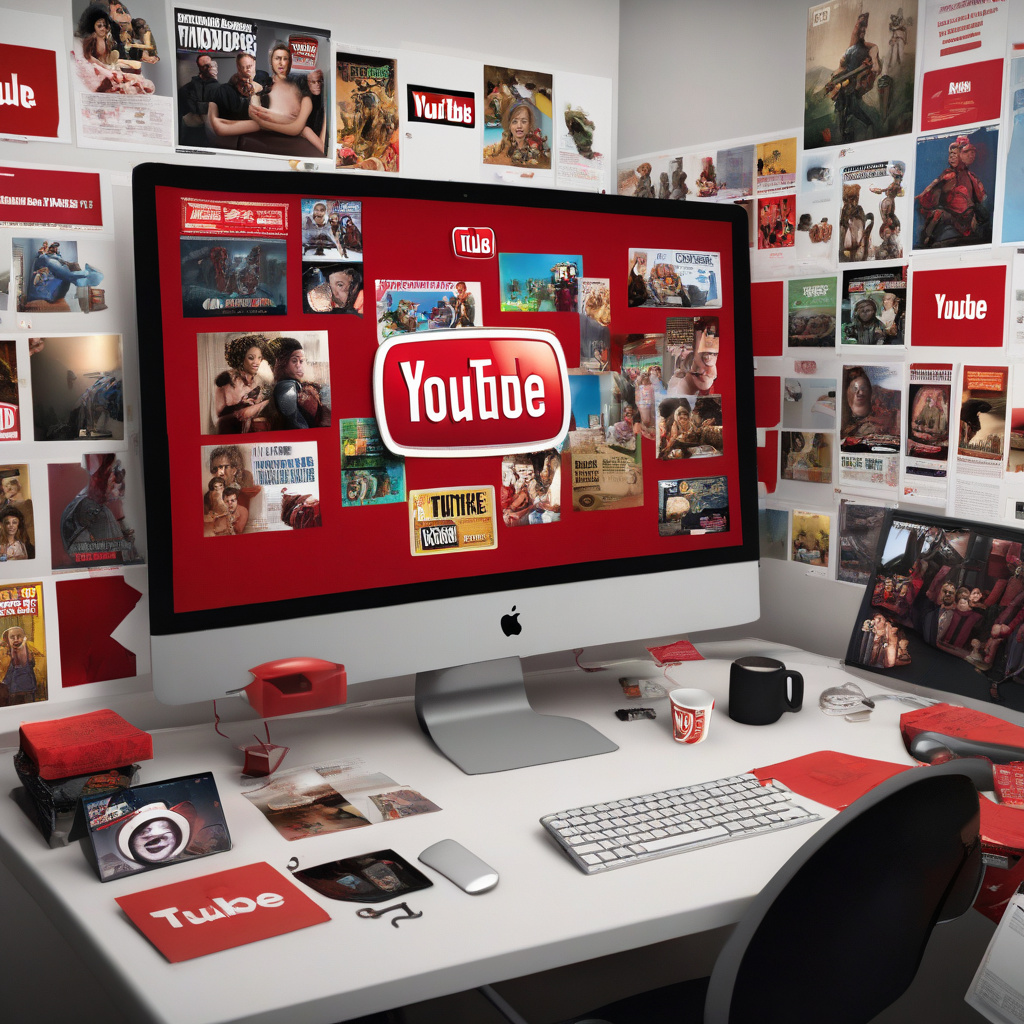Fake Movie Trailer Channels Banned from Monetization on YouTube: Upholding Integrity in Digital Marketing
YouTube, the leading platform for video content, has recently taken a significant stance against fake movie trailer channels. These channels, known for misleading viewers with fabricated trailers of non-existent movies, have long been a source of frustration for Hollywood studios. The studios, reportedly pushed to keep ad revenue flowing for fake trailers, have now found an ally in YouTube’s crackdown on these deceptive practices.
In the world of digital marketing, authenticity and transparency are paramount. Consumers today are more discerning than ever, and they expect genuine and reliable content from the brands and platforms they engage with. Fake movie trailer channels not only deceive viewers but also damage the reputation of legitimate content creators and the film industry as a whole.
By banning fake movie trailer channels from monetization, YouTube is sending a clear message that deceptive practices will not be tolerated on its platform. This move not only protects viewers from being misled but also upholds the integrity of digital marketing as a whole.
One of the key reasons behind the push to keep ad revenue flowing for fake trailers was the potential financial gain for both the creators of these channels and YouTube itself. Ad revenue is a major source of income for many content creators on the platform, and fake movie trailer channels were exploiting this system for their own benefit.
However, the long-term consequences of allowing such deceptive practices to continue far outweigh the short-term financial gains. By cracking down on fake movie trailer channels, YouTube is taking a proactive step towards creating a more trustworthy and authentic digital marketing ecosystem.
In the age of social media and viral content, fake news and deceptive practices have become all too common. Platforms like YouTube have a responsibility to ensure that the content shared on their platform is accurate and reliable. By banning fake movie trailer channels from monetization, YouTube is setting a precedent for other platforms to follow suit in upholding the highest standards of integrity in digital marketing.
It is essential for brands and content creators to prioritize honesty and transparency in their marketing efforts. Deceptive practices may yield short-term gains, but they ultimately erode trust and credibility in the long run. By adhering to ethical standards and providing genuine value to consumers, brands can build lasting relationships and drive sustainable growth in the digital age.
As YouTube continues to weed out fake movie trailer channels and other deceptive practices from its platform, the digital marketing landscape is poised to become more trustworthy and reliable for all stakeholders involved. This move sets a positive example for the industry as a whole and reinforces the importance of upholding integrity in all marketing efforts.
In conclusion, the banning of fake movie trailer channels from monetization on YouTube is a step in the right direction towards creating a more authentic and transparent digital marketing ecosystem. By prioritizing integrity and cracking down on deceptive practices, YouTube is setting a standard for the industry to follow in order to build trust and credibility with consumers.
#YouTube, #DigitalMarketing, #FakeTrailers, #Integrity, #Authenticity
